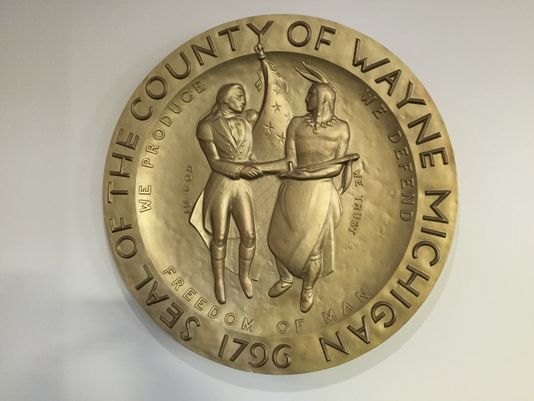The talk of municipal cost-cutting through consolidation that flourished during the 2009-10 recession, with concepts that called for many more services to be provided on a countywide basis, has faded as most cities and townships have regained some of their financial footing.
In much of the nation, county government plays a much broader role. However, Michigan’s overriding emphasis on local control, down to the smallest towns and school districts, is rather unique.
But freelance writer Dennis Lennox has stepped up to argue that Michigan should push for a more localized approach that substantially diminishes the role of county government. As the Mackinac Island Policy Conference prepares to get underway, Lennox, in an Op-Ed piece for The Detroit News, urges embattled Gov. Rick Snyder to make a bold move on Mackinac.
Bold would certainly serve as an appropriate label for a Snyder proposal calling for deconsolidation, to transfer most local services from counties to cities and townships.
In contrast, cost-saving consolidation has been employed at the county level – sometimes through multi-county consortiums – for many decades.
In northern Michigan, counties currently team up to provide services ranging from circuit courts to mental health. In Macomb County, the Sheriff’s Department has clearly demonstrated that, through economies of scale, it can provide police protection significantly cheaper than small cities and townships.
But Lennox argues that county government is a “strange beast,” an anachronism from the 19th Century. He believes county governments could be shrunken down to nearly nothing through the shift of duties and the establishment of interlocal agreements with municipalities.
Here’s more:
A good example is Wayne County Executive Warren Evans, who recently
embarked upon a statewide tour aimed at increasing the “revenue,”
which is government speak for new taxes, collected by local
government.Not only do the state’s 83 counties, 276 cities, 257 villages and
1,240 townships claim to never have enough money, but they actively
use taxpayer-funded special interests to lobby against any and all
meaningful changes to the state’s bloated, archaic and otherwise
rotten system of government.Instead of seeking more taxpayer dollars to preserve his bailiwick,
Evans should put the interests of his constituents first and admit
that Wayne County serves no meaningful purpose.Most taxpayers wouldn’t notice if Wayne County government was
abolished, as frontline public services are typically provided by
cities and townships. The same is true in other counties, the lines of
which haven’t been redrawn since 1891.









Presque Isle County is so full of Corruption and good ole boys that it would be a great Idea to get rid of that County Government especially the Judicial system. This system violates the Constitutional rights of its Citizens in order for them to keep their jobs.